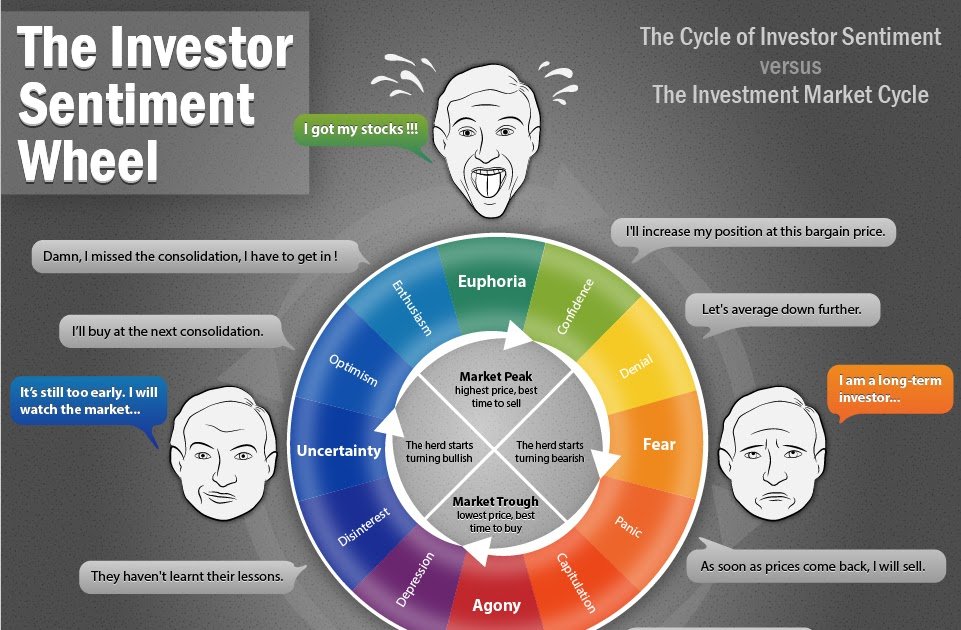Target Stock: Fool's Analysis Sparks Investor Interest

Target (TGT) stock experienced a significant 16% drop last month, outpacing losses at retail giants Amazon (AMZN) and Walmart (WMT), which fell 10.4% and 11%, respectively. This downturn occurred amidst broader market anxieties surrounding President Trump's planned tariff implementation and subsequent economic uncertainty. The S&P 500 also saw a 5% decline during March.
While Amazon and Walmart, with their extensive international operations, possess some degree of diversification, Target's reliance on imports makes it particularly vulnerable to tariff impacts. The company, which focuses less on grocery staples and more on discretionary spending categories like housewares, has already been grappling with decreased consumer spending. This vulnerability is further highlighted by Target's recent fiscal year (ended February 1st) results, showing a meager 1% increase in comparable sales but a sharp 19% decrease in earnings per share (EPS).
In response, Target has unveiled a strategic overhaul, aiming to boost sales through enhanced product offerings and its omnichannel shopping experience. However, the success of this strategy remains contingent on improving economic conditions, which are currently overshadowed by external factors like tariff uncertainty.
Despite the recent setbacks, analysts note that Target’s stock, along with Amazon's, is currently trading at a discount compared to its average P/E ratio and near five-year lows. Conversely, Walmart's stock, while also experiencing price decreases, is not considered undervalued by average standards. While Amazon benefits from diversified businesses like Amazon Web Services (AWS) and its burgeoning AI sector, and Walmart leverages its vast grocery and e-commerce infrastructure, all three retailers face potential short-term disruptions due to the volatile economic climate.
Experts suggest that all three companies are likely to weather the tariff impacts, eventually leading to stock recovery. Investors with a high-risk tolerance may find Target stock attractive at its current price, while more risk-averse investors might consider Walmart or Amazon. However, long-term growth potential remains a key factor for patient investors in all three companies.









